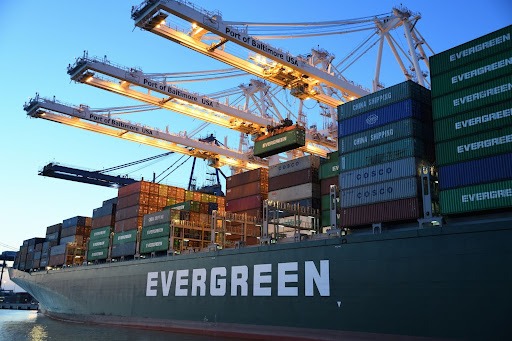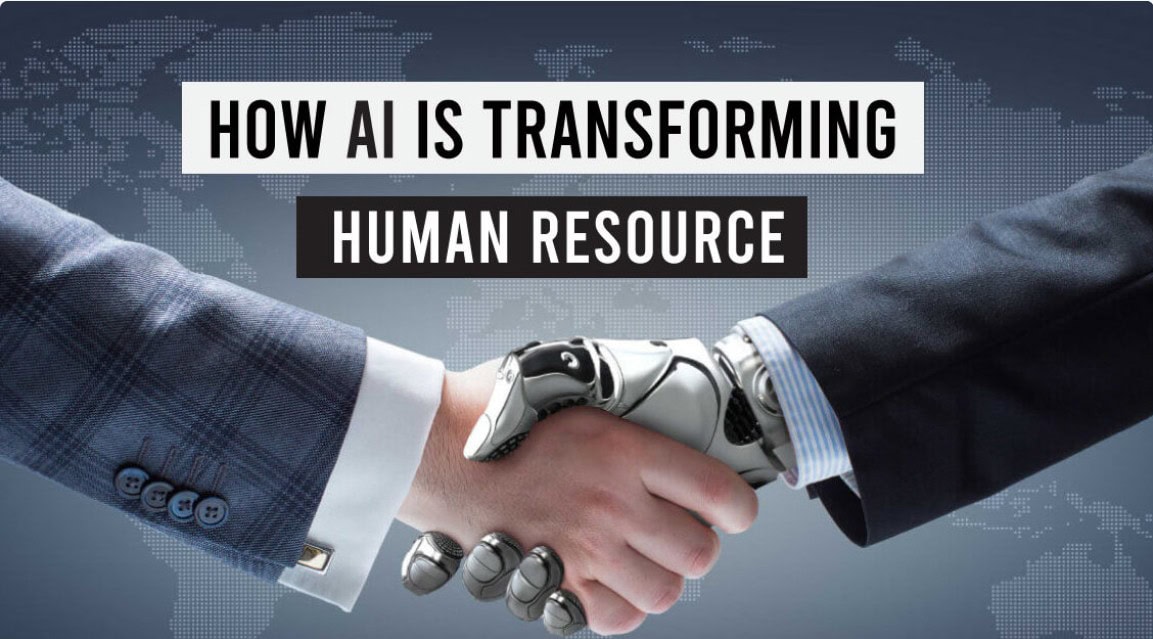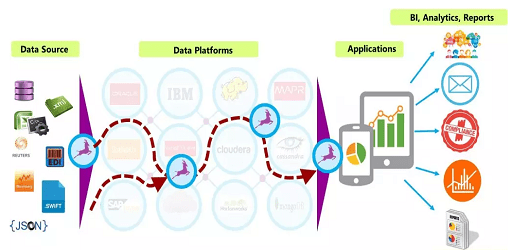Benefits of AI Technology: The shipping industry remains a pillar of the global economy. It’s telling that a single shipment being delayed costs pretty much every industry millions of dollars in revenue. The logistics of shipping are rife with complexity and challenges, and as the world’s population grows, demand goes higher.
That means more of that complexity and challenge to worry about. When people’s livelihoods are on the line, then efficiency doesn’t just become a bonus, it’s a necessity. This is where AI comes in. AI has been making great strides in the shipping industry. It’ll do you well to find out exactly why, to understand its importance.

Benefits of AI Technology
AI combines computing with human ingenuity, and this combo makes for a very effective modern shipping system.
Cost-Efficient
With the onset of eCommerce development, shipping has become a very expensive industry, even more so than it has before. This is mostly due to the sheer volume of shipments being made every day. When so much is happening, it’s easy for the budget to get lost in the shuffle.
AI technology ensures that the business can operate at peak efficiency with as little cost as reasonably possible. AI cuts away any frills with the budget or poor planning. Every penny spent is ensured to go towards what they need. That means a ton of savings and less running around fixing inefficiencies.
Space Maximization
An often overlooked aspect of shipping is maximizing space. Whether this is on planes or boats, there’s always been a sort of haphazard way to how packages fit onto the ship. If it fits, it fits, even if there’s some wasted space here and there.
With AI, the shipment vessel’s layout (along with the size of the shipping containers) can be scanned. From here, the AI will find the most optimal way to stack these containers together. This ensures that as many shipments as possible are brought on every vessel.
You can also read: Lawsuits 101: How Long Does a Lawsuit Take?
Sustainability
Shipping is responsible for over 3% of the world’s carbon emissions, and it can only get larger if left unchecked. Saving the planet is entirely a corporate responsibility, and by extension, your responsibility as a business. Even setting aside the obvious moral value of going green, it’s also just a more sound business decision.
Lowering greenhouse gas emissions ensures that the future won’t result in even more pollution. Pollution permeates every problem that shipping has, from big storms to melting ice caps. In addition, optimizing fuel consumption means much fewer resources wasted on inefficient routing.
Optimized Scheduling
One of the most troublesome aspects of shipping is scheduling. There are so many orders coming in that it can be hard to keep track of what comes first. The last thing you want going around is orders coming in late because they got glazed over in the shuffle. That’s a potentially lost customer for life.
AI fixes this by ensuring shipments arrive with calculated estimates accounting for regular delays. While there’s nothing to be done about forces of nature, at least the chances of a delay being caused by human error are significantly reduced. The timing of shipments is very important, and AI optimizes all those complex variables with predictive analysis.
Route Planning
AI is optimizing routes that are both safe and cost-efficient. It does this by observing real-time shipping lanes and weather conditions. It takes into account as many variables as possible for the shortest and safest route to take. AI manages to make estimates on how fast a possible route can go.
It’s also very adaptable. If, for example, an iceberg inexplicably floats into the way or a storm springs up in the route, and this gets reported by other ships, the AI adjusts accordingly. Relying on a combination of satellite views and real-time ship reports is key to optimizing AI technology for route planning.
Predictive Maintenance
When something goes wrong with a shipping vessel, it slows every part of the process down. A faulty engine could spell disaster if the route suddenly finds itself in the path of a storm, for example. To avoid this, there have been major strides toward predictive maintenance in the AI sphere.
When combined with the regular manual maintenance of ships when they arrive in port, this ensures everything is running in tip-top shape. While the technology is young, it has allowed many engineers to react to problems well before they escalate, preventing accidents.
Conclusion
The key takeaway from this article is to support flourishing AI technology in the shipping industry. It is nothing but a net benefit for any sized shipping business. Even non-shipping industry leaders should campaign for AI to be more normalized in the shipping industry. It affects every single aspect of modern life, and it must run in the best way possible. Otherwise, the industry will remain stagnant.
Would you like to read more about Benefits of AI Technology-related articles? If so, we invite you to take a look at our other tech topics before you leave!
![]()













